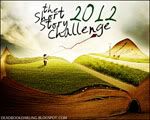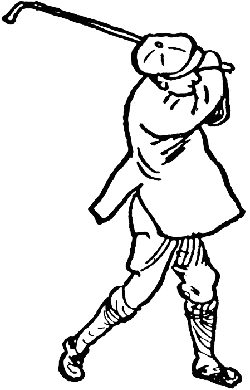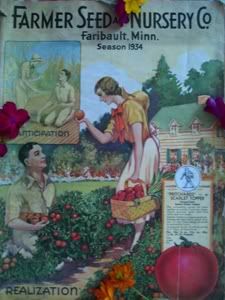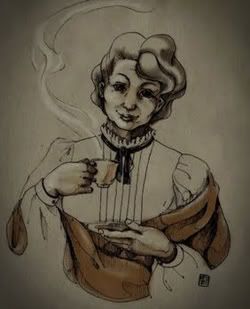February24
 I intended to post one short story each month this year to keep up with the Short Story Challenge hosted by Dead Book Darling. This then, is January’s entry, just a shade late.
I intended to post one short story each month this year to keep up with the Short Story Challenge hosted by Dead Book Darling. This then, is January’s entry, just a shade late.
Stephen Leacock was an English-born Canadian who early in his career as a school teacher, turned to writing fiction, humour, and short reports to supplement his regular income. His stories first published in magazines in Canada and the U.S., became extremely popular around the world. The Canadian Encyclopedia asserts that it was said in 1911 that more people had heard of Stephen Leacock than had heard of Canada.
His short story A Lesson on the Links: The Application of Mathematics to Golf is included in the book My Financial Career and Other Follies
is included in the book My Financial Career and Other Follies  which I will be reviewing in the next couple of weeks. In it, Leacock pokes his usual gentle fun at the duffers of the day (this was first published in 1928).
which I will be reviewing in the next couple of weeks. In it, Leacock pokes his usual gentle fun at the duffers of the day (this was first published in 1928).
An excerpt:
Here is a very interesting calculation in regard to “allowing for the wind.”
I have noticed that a great many golf players of my own particular class are always preoccupied with the question of “allowing for the wind.” My friend, Amphibius Jones, for example, just before driving always murmurs something, as if in prayer, about “allowing for the wind.” After driving he says with a sigh, “I didn’t allow for the wind.” In fact, all through my class there is a general feeling that our game is practically ruined by the wind(…)
It occurred to me that it might be interesting to reduce to a formulae the effect exercised by the resistance of the wind on a moving golf ball. For example, in our game last Wednesday, Jones in his drive struck the ball with what he assures me was his full force, hitting it with absolute accuracy, as he himself admits, fair in the center, and he himself feeling, on his own assertion, absolutely fit, his eye being (a very necessary thing with Jones), absolutely “in,” and he also having on his proper sweater, — a further condition of first-class play. Under all the favorable circumstances the ball only advanced fifty yards! It was evident at once that it was a simple matter of the wind, which was of that treacherous character which blows over the links unnoticed, had impinged full upon the ball, pressed it backward and forced it to the earth.
Leacock then applies various mathematical formulae, factual or specious is beyond me, although they sound convincing and concludes:
(T)aking Jones’s statements at their face value the ball would have traveled, had it not been for the wind, no less than 6½ miles.
If this makes you chuckle, be sure to check out the whole story, and more of Leacock.
If you’re Canadian, what’s been your exposure to Stephen Leacock? If you’re not Canadian, is your reaction “Stephen who?”
For Canadian readers:
My Financial Career and Other Follies



 Introducing the piece The $64 Tomato, The Gardener’s Bedside Reader
Introducing the piece The $64 Tomato, The Gardener’s Bedside Reader says:
(…) William Alexander does the math, with surprising results.”

 Just ten pages long , The Landlady is classic Dahl. Young Billy Weaver, newly-appointed apprentice salesman, is sent out from London to Bath on the “slow afternoon train”, and told to find his own lodgings. A Bed & Breakfast sign beckons to him from a brightly-lit window that Billy peeks into. He sees a brightly-colored parrot in a cage, a “pretty little dachshund (…) curled up asleep” in front of the fire burning in the hearth, and a room filled with pleasant furniture.
Just ten pages long , The Landlady is classic Dahl. Young Billy Weaver, newly-appointed apprentice salesman, is sent out from London to Bath on the “slow afternoon train”, and told to find his own lodgings. A Bed & Breakfast sign beckons to him from a brightly-lit window that Billy peeks into. He sees a brightly-colored parrot in a cage, a “pretty little dachshund (…) curled up asleep” in front of the fire burning in the hearth, and a room filled with pleasant furniture.

 I intended to post one short story each month this year to keep up with the
I intended to post one short story each month this year to keep up with the  is included in the book
is included in the book  COMPLETED
COMPLETED